25 September 2020 – Have you ever heard of the ‘cappuccino effect’? It is not the latest trend in foam art among aficionado baristas, but a common malpractice committed in the shipping industry through negligence.
During bunkering, which is the process of supplying fuels to ships for their own use, air that is introduced into the fuel causes a frothing effect, much like foam on top of a cuppa. Unfortunately, this also comes with the consequence of artificially inflating the volume of the fuel transferred to the tank, resulting in over quantifying the actual bunker that was transferred.
This is a huge problem in the industry, as it is difficult to quickly detect this abnormality during the bunkering process, and often leads to disputes between buyers and suppliers.
The engineers of the Singapore-based company Ascenz, along with Associate Professor Stéphane Bressan and his team, looked into ways in which artificial intelligence and machine learning can monitor the bunkering process and detect anomalies.
They demonstrated that neural network models can be trained to identify and classify events, as well as states of the bunkering process, by looking at time-series of sensor data such as flow rate, density and temperature.
In this way, abnormalities during the bunkering process, such as the cappuccino effect can be quickly identified.
“The benefits go beyond just detecting the cappuccino effect – as it is as useful to confirm that the different phases of the bunkering process are proceeding as normal, to allow action to be taken quickly if anything seems out of the ordinary,” said A/P Bressan.
He added: “As machine learning models are only starting to be deployed in the maritime industry, this was a good opportunity for us to test the models using actual industry data and tackle practical problems.”
Ascenz has now developed a new smart bunkering system that can acquire, visualise, analyse, and detect the different states and potential anomalies in the bunkering process.
“We are grateful for this opportunity to work with Ascenz, and are heartened to see how machine learning models that we are studying can be applied to solve real-world problems,” said A/P Bressan.



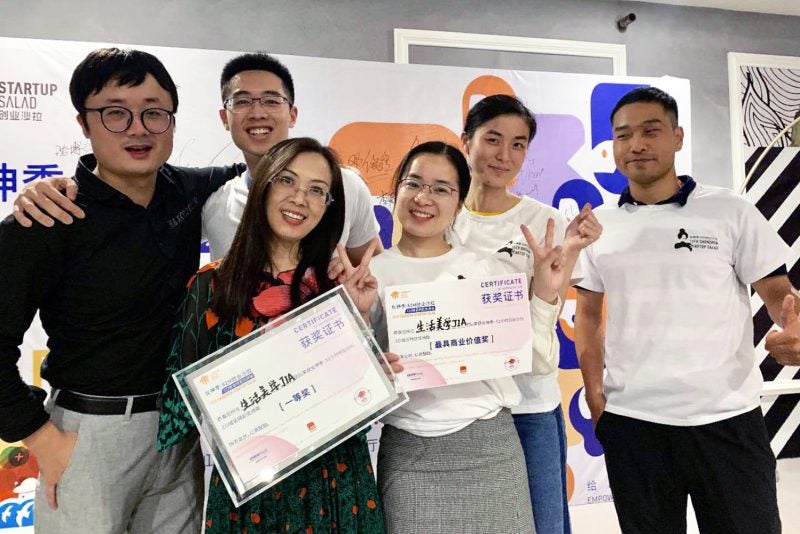
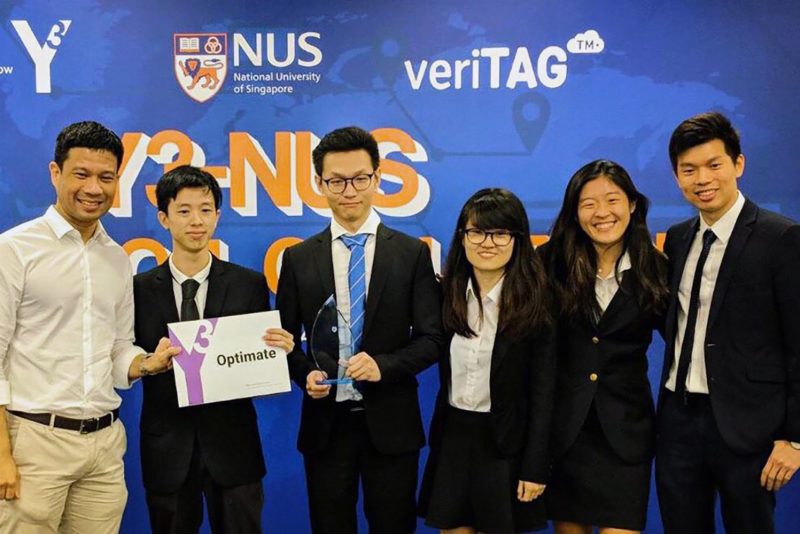




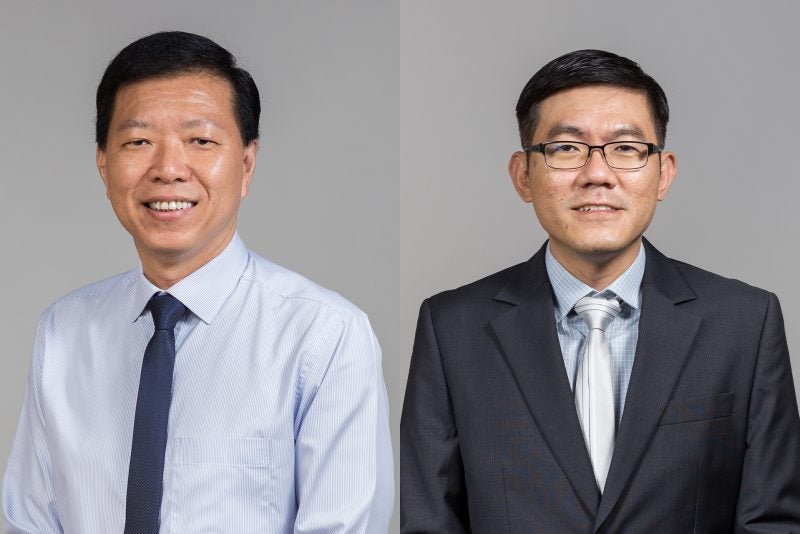
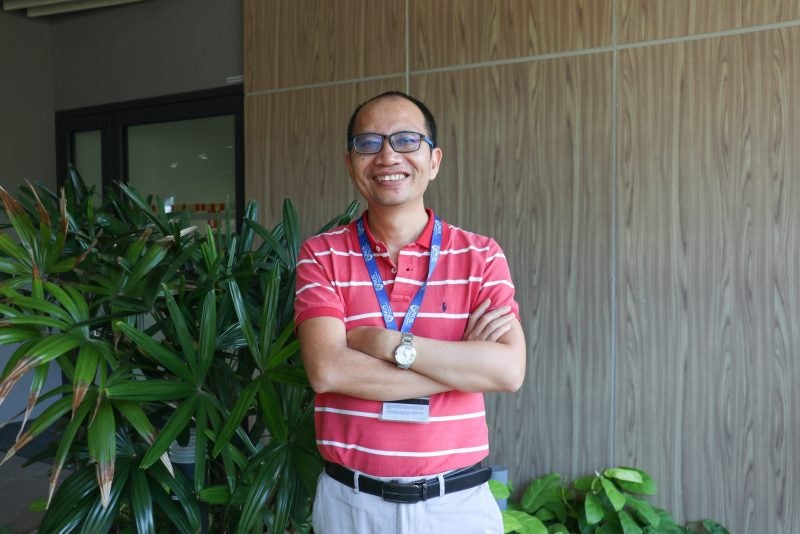
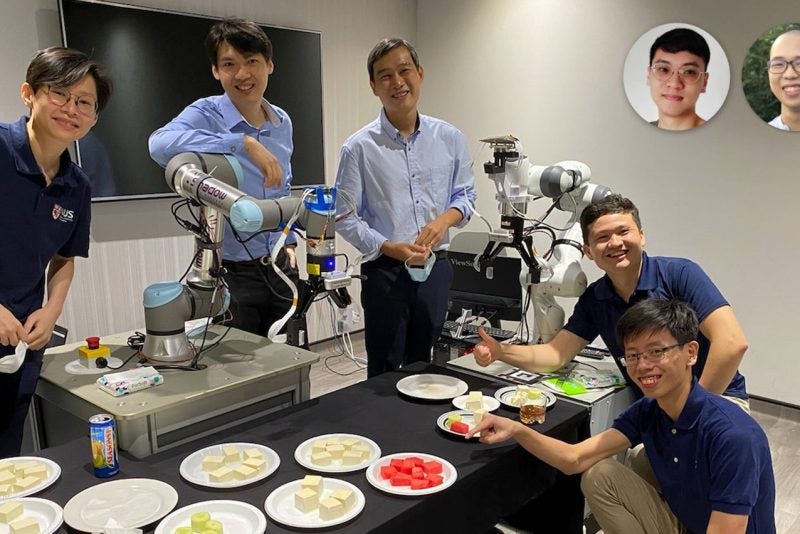

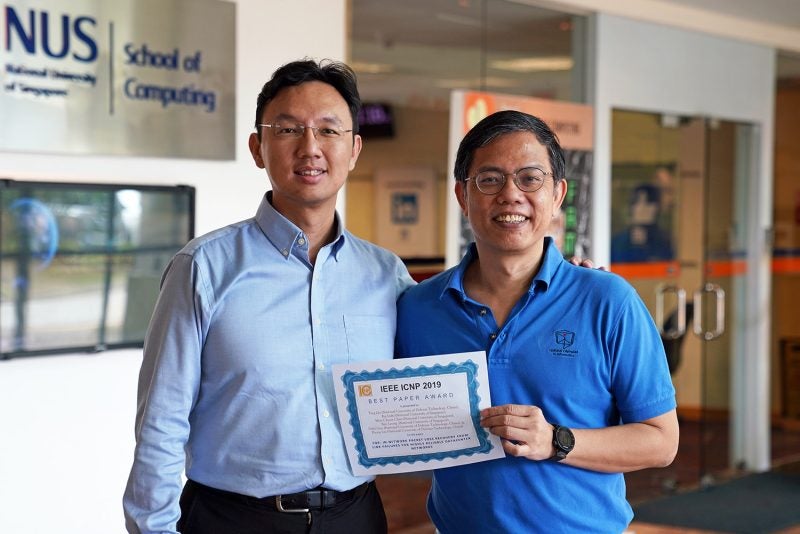
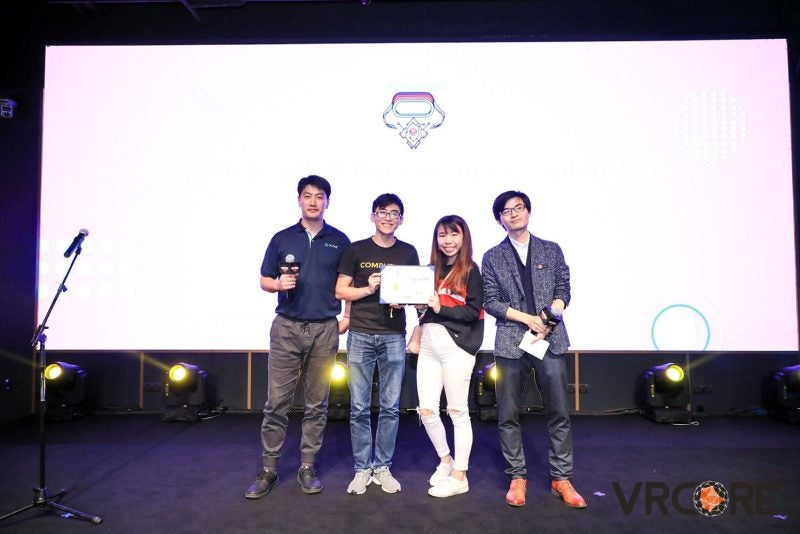
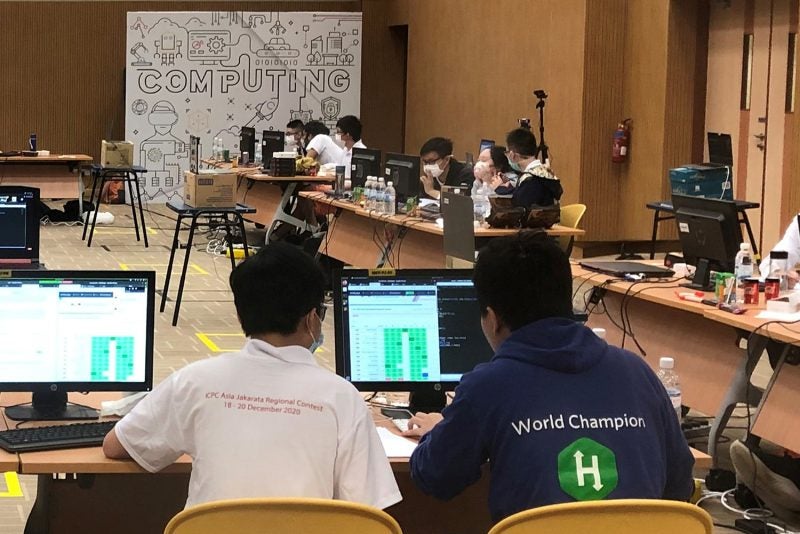
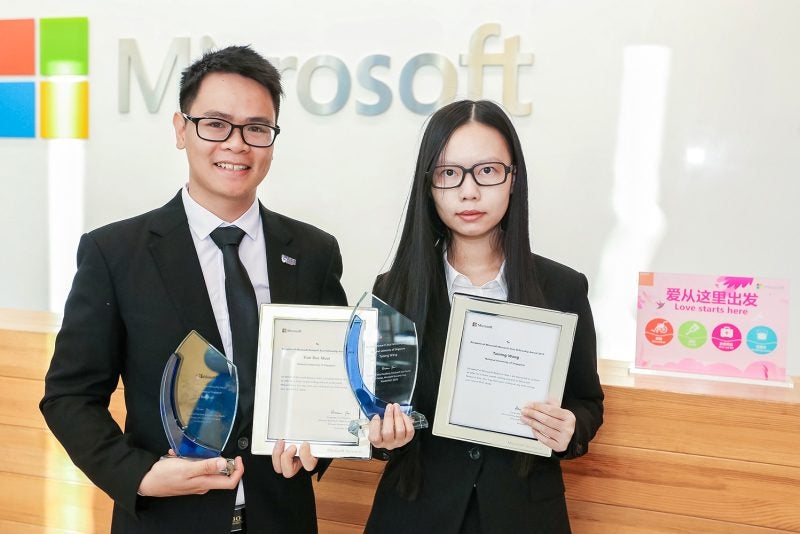

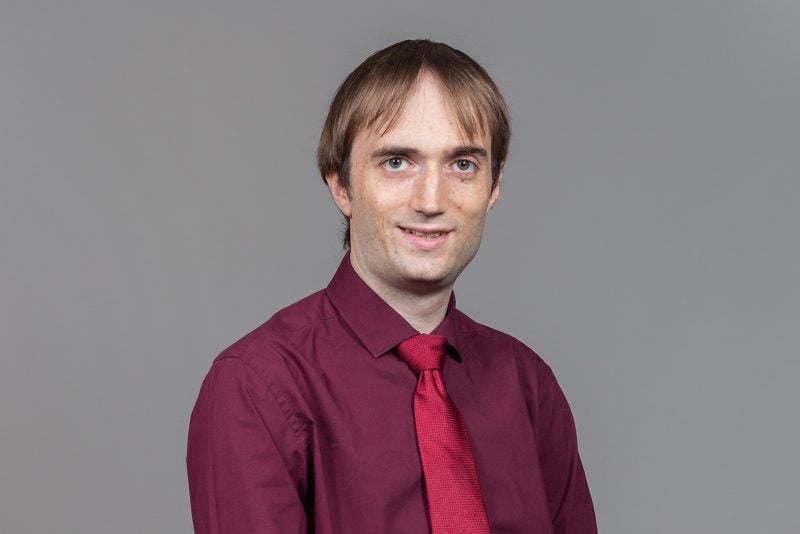

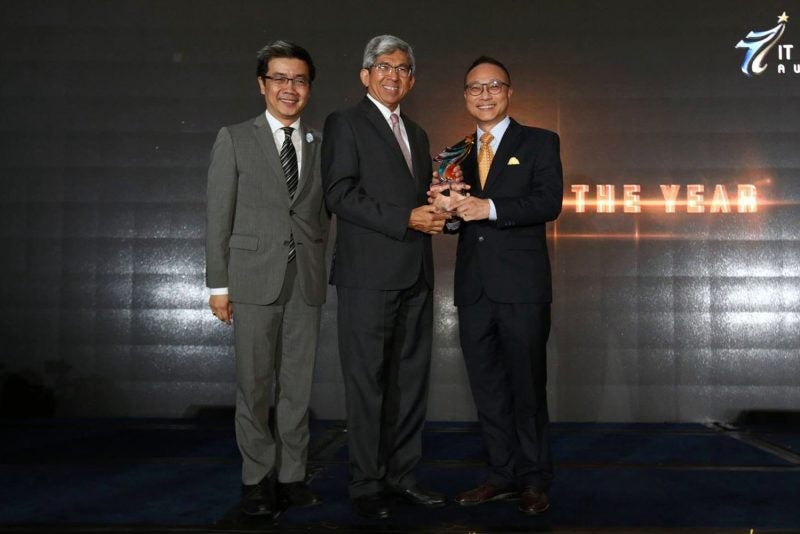
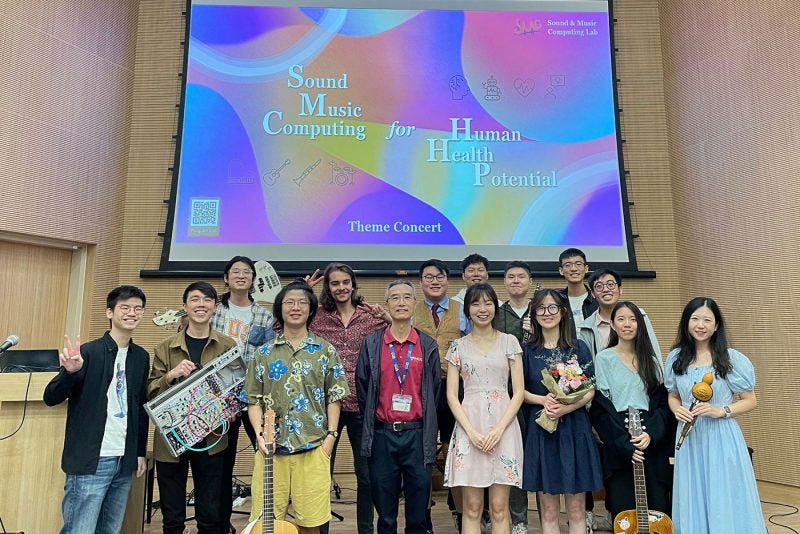
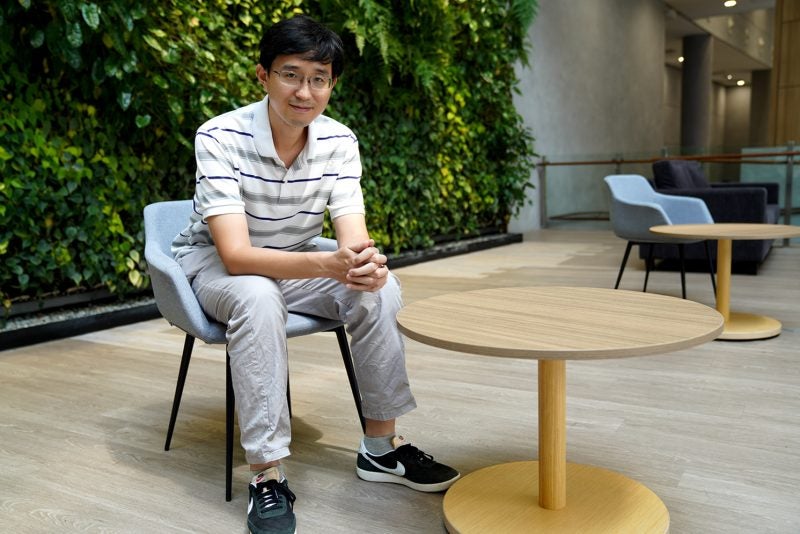
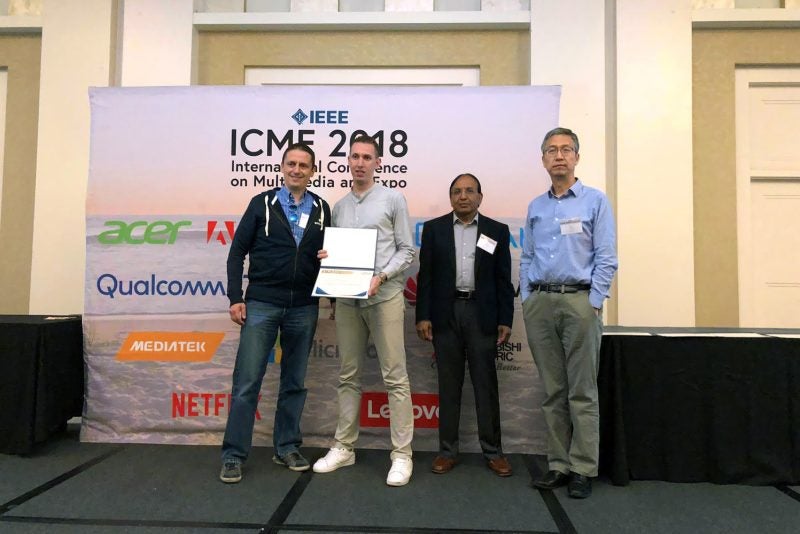

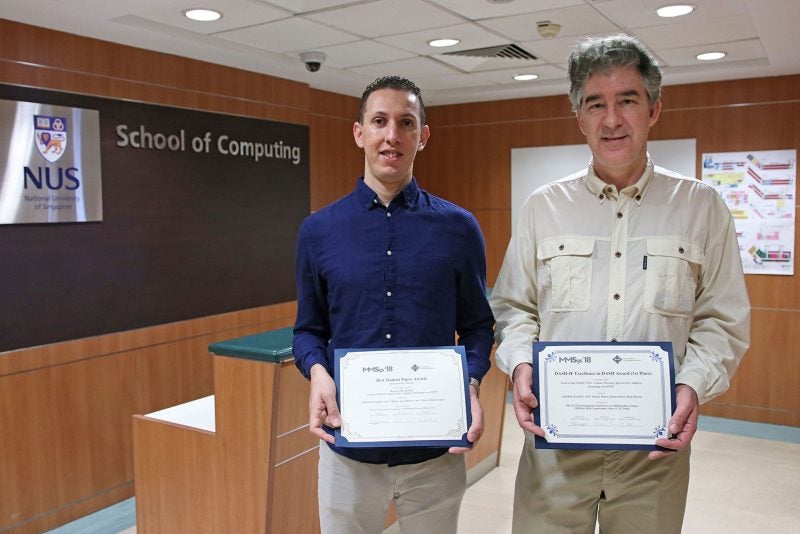
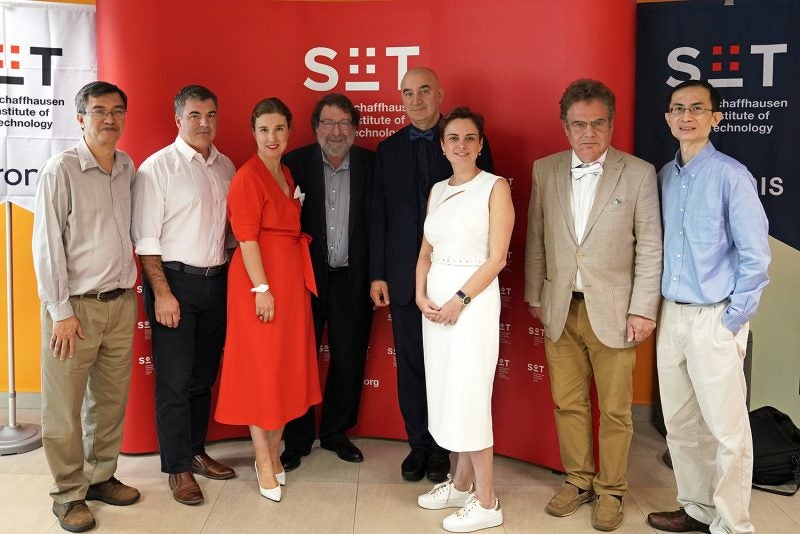

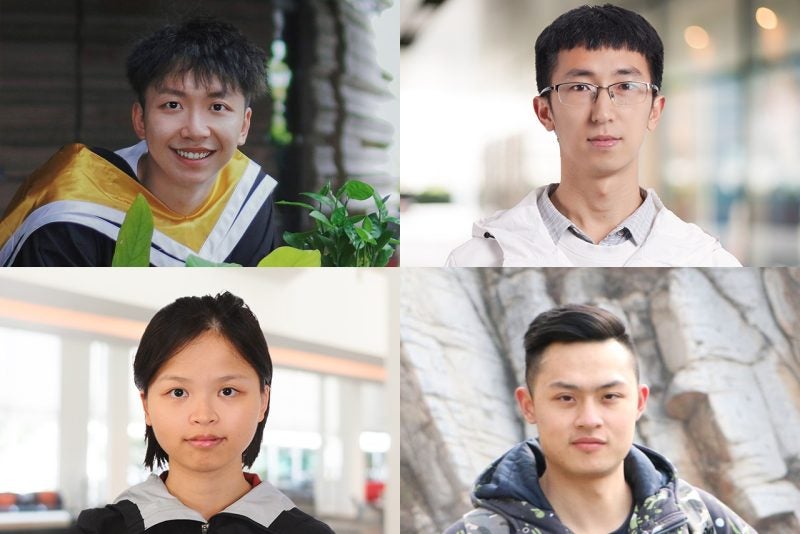
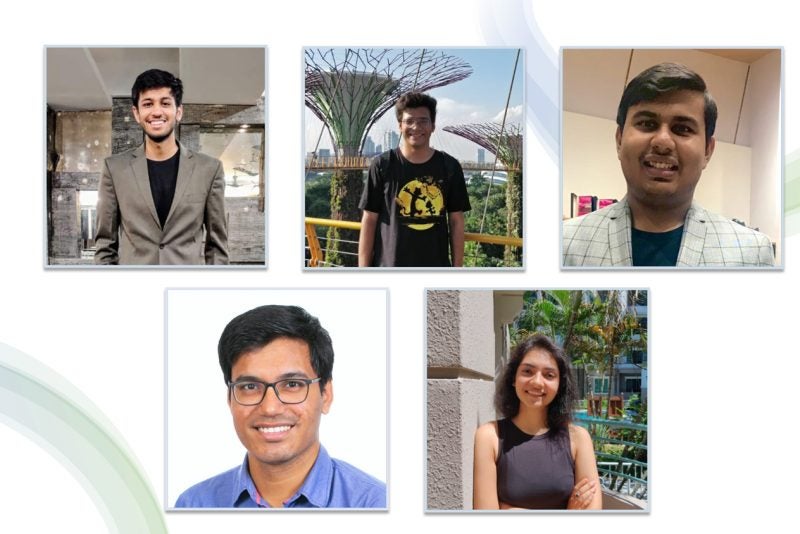

Assistant Professor Yair Zick: Ethics in Artificial Intelligence